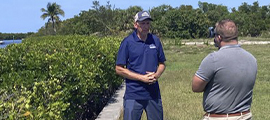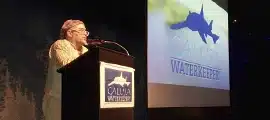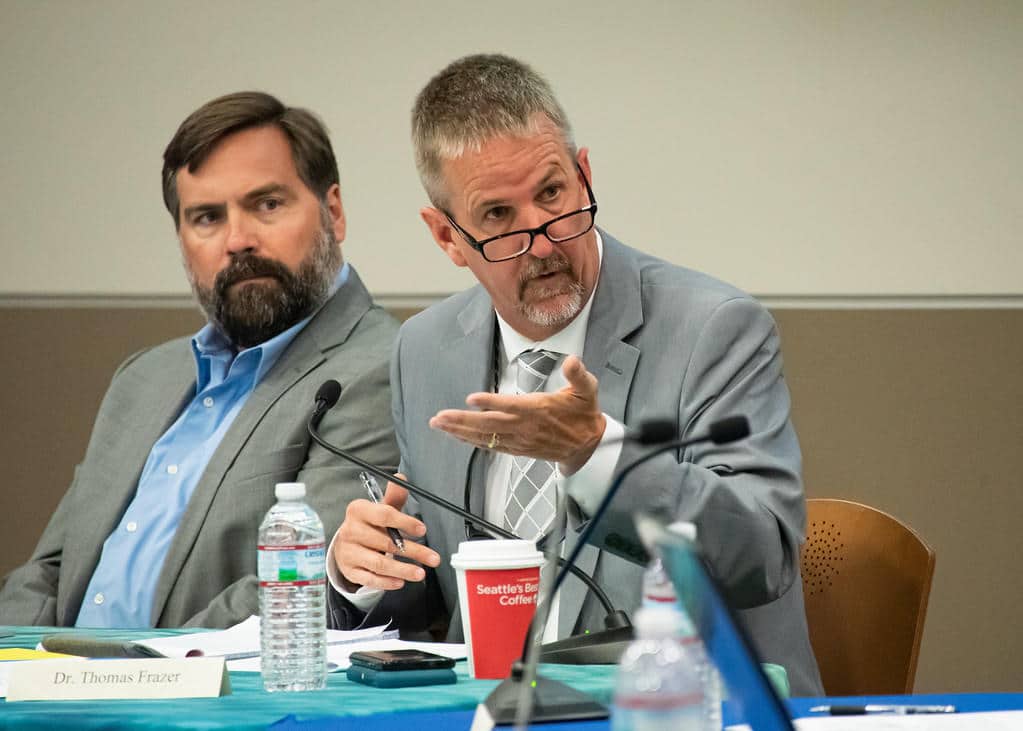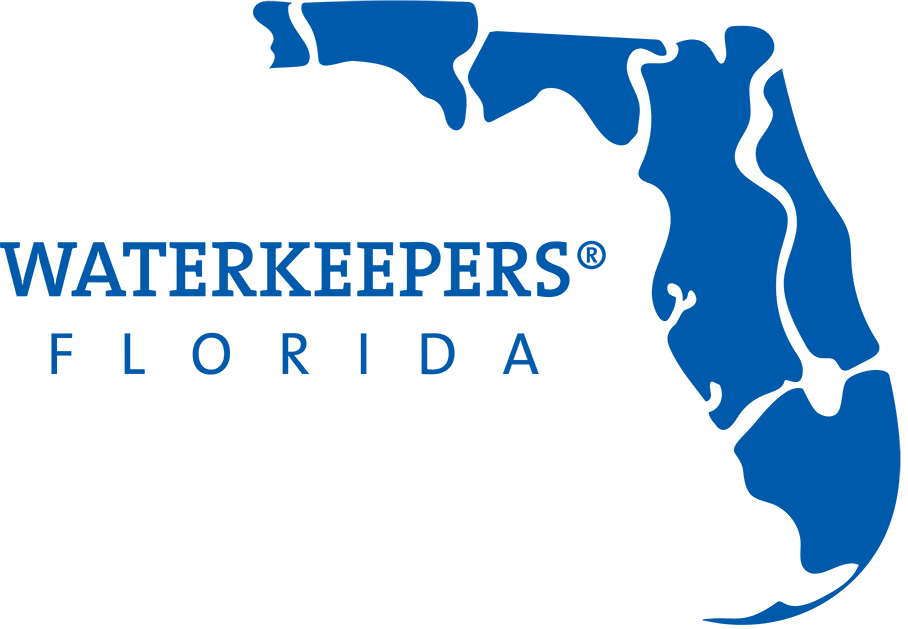SB 712: A Watered-Down Bill that Will Not Fix our Water Quality Issues
This bill has been praised by its supporters as one of the most environmentally progressive pieces of legislation in over a decade. But looking back at the cuts and rollbacks that our environmental regulations were subjected to under the last state administration, that really isn’t saying much. At 111 pages, the bill largely pays lip service to most of Florida’s major sources of pollution but lacks the specificity and enforceability to actually solve any of the problems.
Think about it. We have 1,000 people moving to our state every day. That means that over the 20-year life of a BMAP, millions of people will have made their homes here and added additional strain to our already-stressed natural resources.
Furthermore, the bill fails to meaningfully address one of the largest sources of nutrient pollution in our state: agriculture. The Task Force recommended that the effectiveness of BMPs should be supported by adequate data to justify the presumption of compliance with water quality standards, but SB 712 only increased monitoring for current BMPs that have proven to be ineffective at curbing water quality pollution.
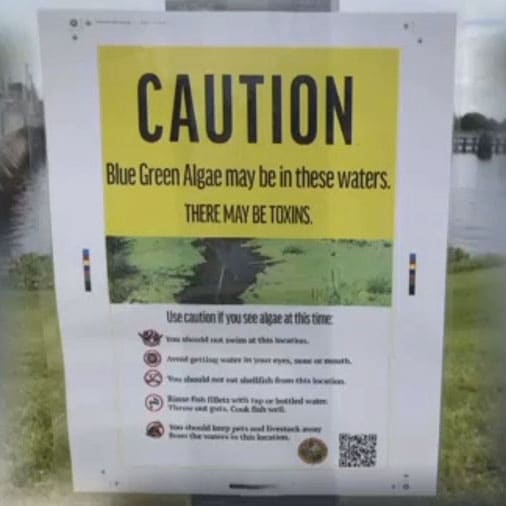
Supporters of the bill laud the initiation of rulemaking to address things like septic systems, biosolids, and stormwater systems, but when it comes to environmental rules, the devil is in the details. The effectiveness of these provisions will rely entirely on the specifics of the rules as they are drafted and will only matter if they are actually adopted.
Despite months of advocacy and proposed amendments by Waterkeepers Florida, Sierra Club, and Florida Springs Council, SB 712, in its final form, falls far short of the measures needed to halt and reverse the decline of our state’s waterways.
We no longer have the luxury of taking incremental steps to try to address our water quality issues. We need strong, enforceable, science-based regulations that protect our waters now. SB 712 does not do that.
Waterkeepers Florida is a regional entity composed of all 13 Waterkeeper organizations working in the State of Florida to protect and restore our water resources across over 45,000 square miles of watershed, which is home to over 15 million Floridians.

















